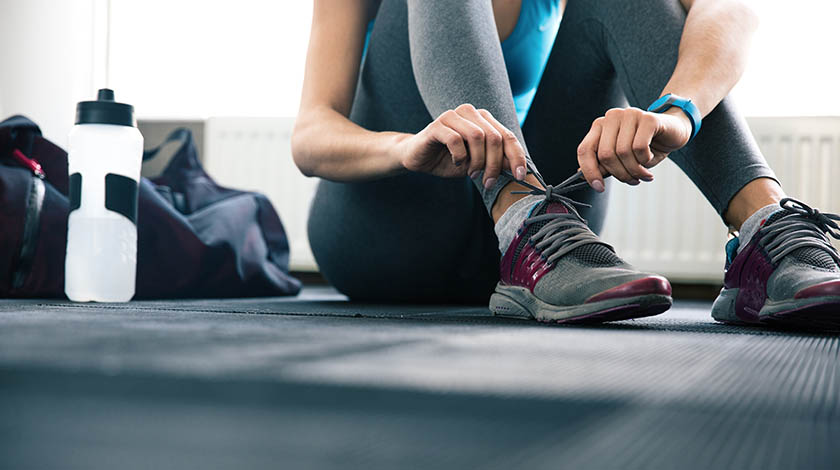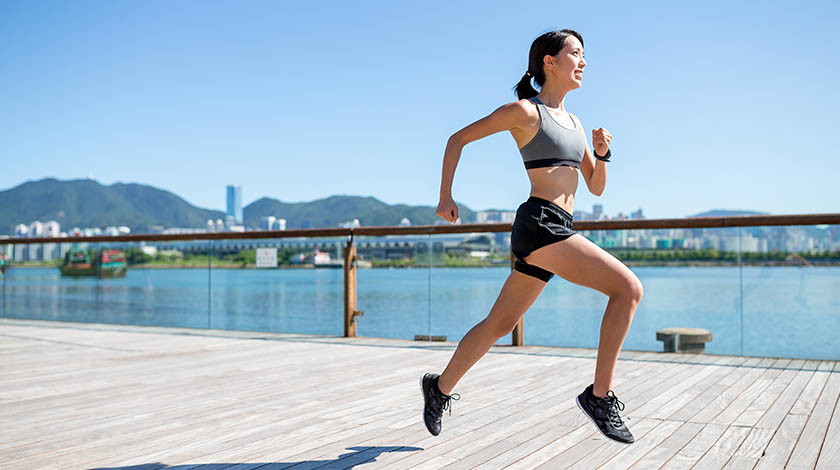When’s the best time to work out? Your answer probably depends on whether you’re a morning person or a night owl. Some of us head straight to the gym before dinner, while others have no difficulty waking up at 5 am for a morning jog while Hong Kong is still in blissful slumber. But what does science have to say?
It all depends on your goals

There’s no single best time to work out. It depends on what you’re trying to achieve.
- Weight loss workouts may be more effective in the morning. 45 minutes of vigorous physical activity, for example running or swimming, in the morning can have positive knock-on effects for the rest of the day, stimulating your metabolism and making it easier to resist unhealthy food temptations.1 But if you want to get most out of a morning workout, consider having a small snack like a banana or a bowl of cereals for breakfast. This lets you push yourself harder and burn more calories.
- Bodybuilding and athletic training are best done in the afternoon. A study shows that muscular function accelerates between 2pm and 6pm, making this the best time to pump some iron or prepare for your upcoming marathon.1
- Evenings workouts, on the other hand, alleviate the stress of a busy workday by practicing yoga and it will contribute to a better night’s sleep.2
Do what works for you
Ultimately, there’s no one-size-fits-all approach when it comes to the best time for exercise. Weigh the pros and cons and do what works best for you!

